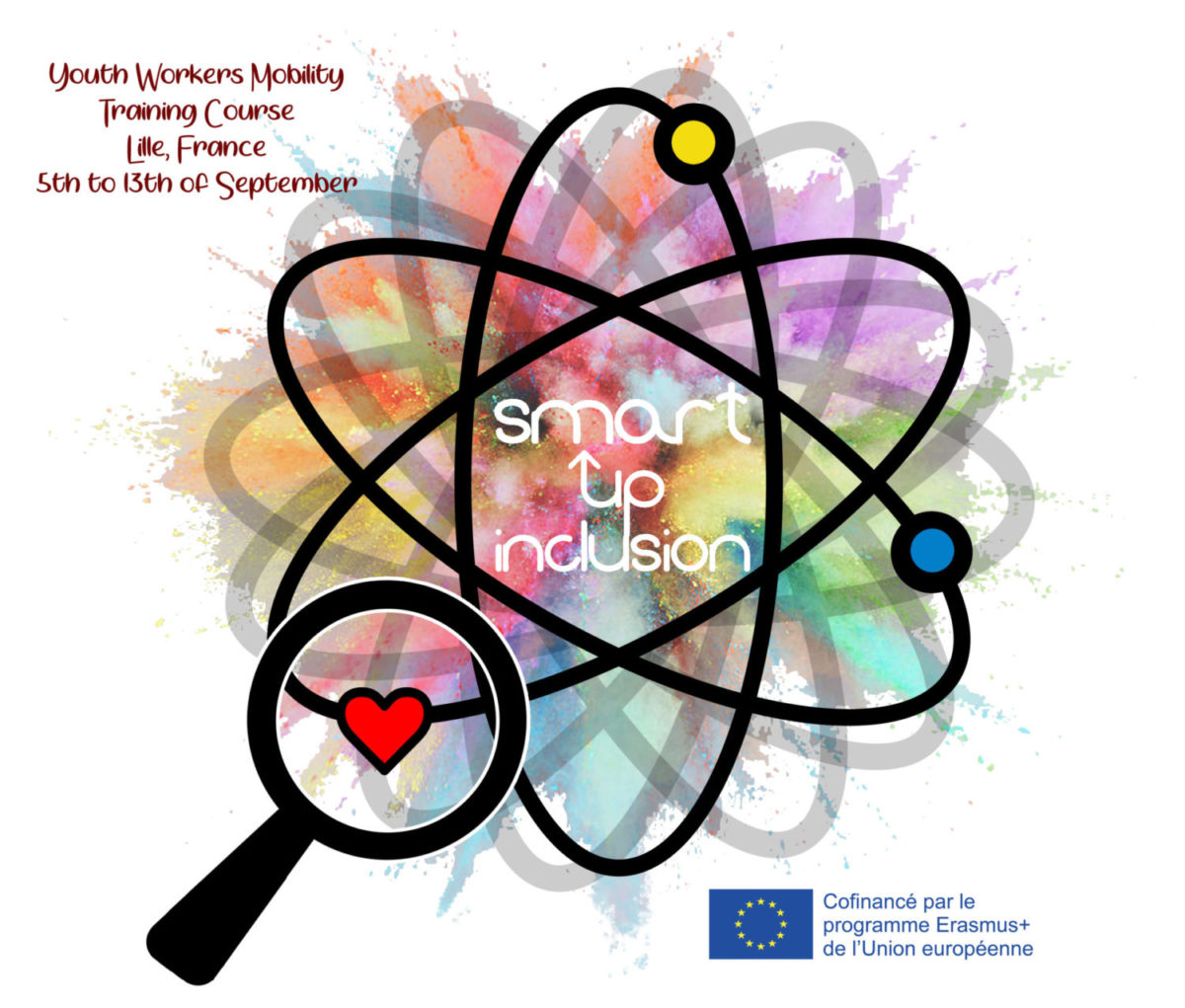According to the Erasmus+ programme guide, Europe need to value education and youth work in order to prevent violent radicalization by:
-
promoting common European values
-
fostering social integration
-
enhancing intercultural understanding
-
creating a sense of belonging to a community
Erasmus+ is an important instrument to promote the inclusion of people with disadvantaged backgrounds, especially refugees and migrants coming from war-torn zone.
There are 3 main ways of including refugees in the new communities:
-
Providing assistance as soon as the asylum seekers reach the new country.
The waiting time for asylum seekers to became refugees is unfortunately very long, from a few months to even years. Therefore, they should receive language training, as well as other integration support (culture and civilization, skills assessment, etc.).
-
Giving refugees the opportunity to find jobs that are matching their skills
It is very important that in order to feel included in the new society, to allow refugees to work in the domains of their studies and work experience. Local employers should often accept foreign qualifications and work experience, even though many fled their home countries without any proof of their qualifications.
-
Knowing that integration can take a long time
Even though long-term support is difficult to provide and sometimes expensive, it definitely pays off in the long run, with benefits reaching the second generation of refugees, who might otherwise struggle with integration issues themselves.
In the end, it is on all of us – youth workers, volunteers and stakeholders to provide integration facilities for refugees and live in the cohesive society we wish for.
Smart Up Inclusion is a Mobility of Youth Workers – Training Course funded by the European Commission – Erasmus+ Programme. The project is coordinated by Sunrise Project – France organisation



Recent Comments